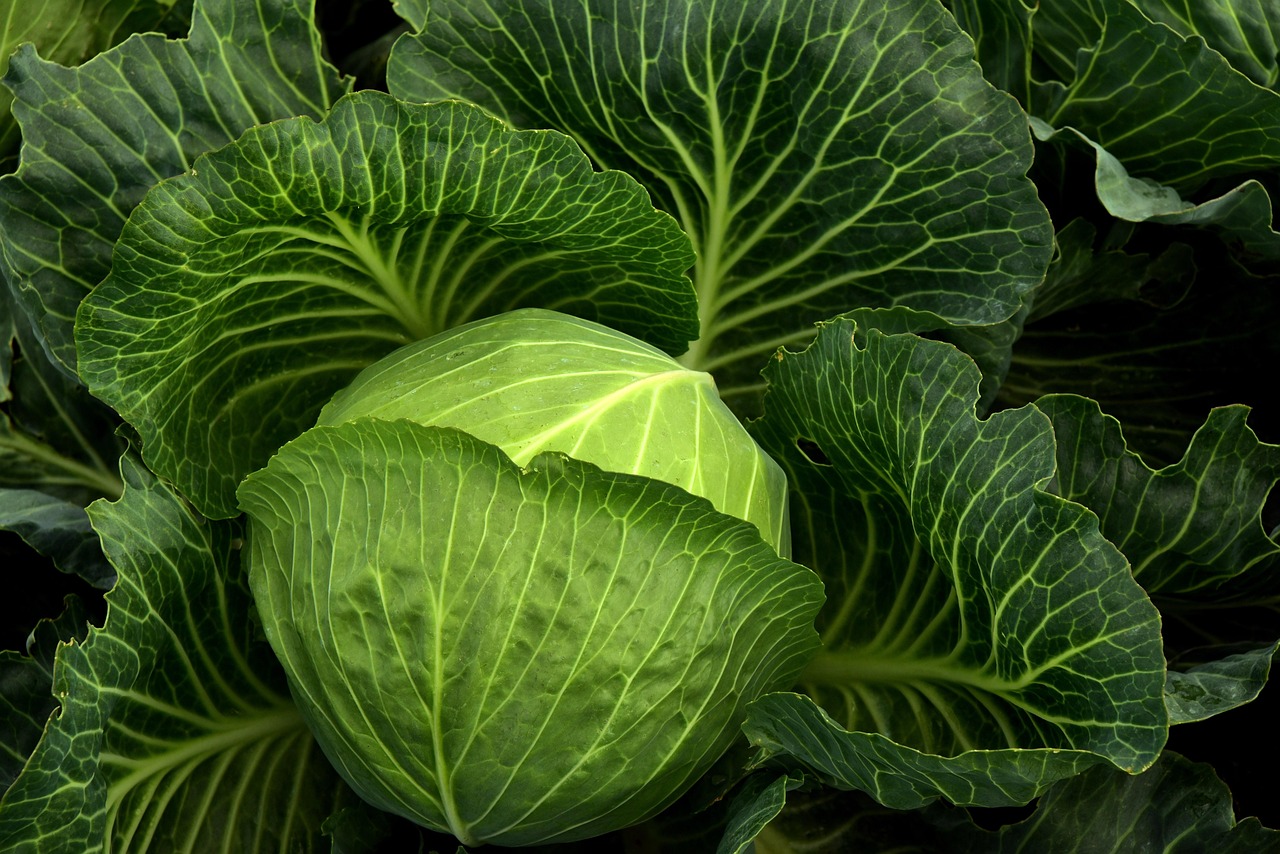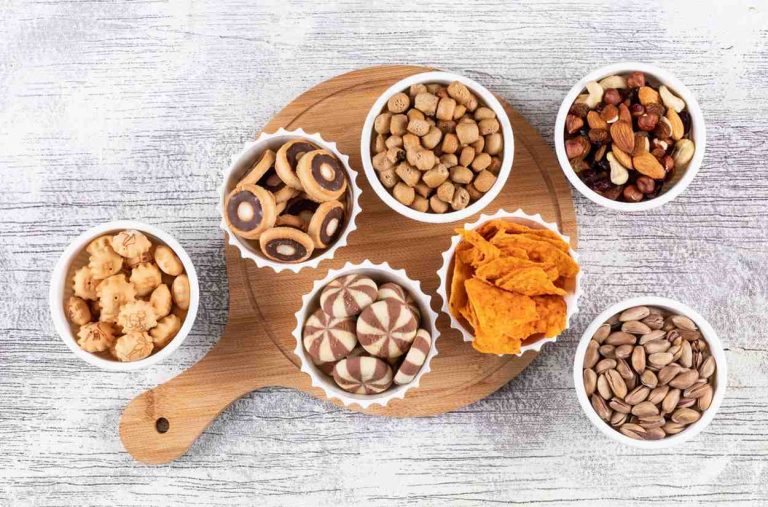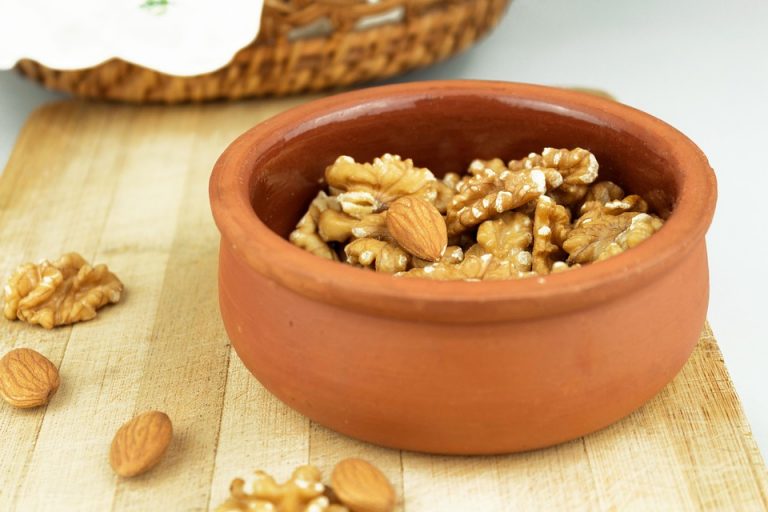Did you know that a humble vegetable like cabbage could pack a punch when it comes to bone health? It’s true! While you might associate cabbage more with coleslaw or stir-fries, this leafy green has some surprising benefits for your bones that you might not be aware of. So, let’s dive into the world of cabbage and uncover how it can help you build a stronger skeletal foundation.
Contents
1. Rich in Vitamin K
One of the standout features of cabbage is its high vitamin K content. This vitamin plays a crucial role in bone metabolism and helps to regulate calcium in the bones and blood. A study published in the American Journal of Clinical Nutrition found that higher intakes of vitamin K were linked to increased bone mineral density in older adults (Booth et al., 2013).
But what does that mean in practical terms? Well, vitamin K helps to activate proteins that are involved in bone formation and repair. So, when you munch on some cabbage, you’re not just filling your stomach; you’re also giving your bones a little TLC.
Pro Tip: Try adding raw cabbage to your salads or smoothies. Cooking can sometimes diminish the vitamin K content, so keep it fresh when you can!
2. Contains Calcium
Cabbage isn’t just a side dish; it’s also a decent source of calcium, a mineral that most people associate with dairy products. But here’s the kicker: a cup of cooked cabbage contains about 94 mg of calcium, which is about 10% of the daily recommended intake for adults.
Calcium is essential for maintaining strong bones and preventing osteoporosis. A 2018 study in the Journal of Bone and Mineral Research highlighted the importance of calcium in bone health, emphasizing that adequate intake can significantly reduce the risk of fractures (Weaver et al., 2018).
Caveat: While cabbage can contribute to your calcium intake, it’s important to eat a variety of calcium-rich foods to meet your daily needs.
3. Packed with Antioxidants
Cabbage is loaded with antioxidants, including vitamin C and various phytonutrients. These compounds help reduce oxidative stress and inflammation in the body—two factors that can weaken bones over time. A study in the Journal of Agricultural and Food Chemistry found that antioxidants may play a protective role in bone health by reducing the risk of osteoporosis (González et al., 2017).
So, how does this work? When your body is under stress from free radicals, it can lead to bone loss. By consuming antioxidant-rich foods like cabbage, you can help combat this damage. It’s like giving your bones a protective shield!
Fun Fact: Red cabbage contains even more antioxidants than green cabbage, so if you’re looking to up your game, consider mixing it into your meals.
4. Supports Overall Gut Health
Believe it or not, a healthy gut can have a positive impact on your bones. Cabbage is a good source of fiber, which is essential for gut health. A diverse gut microbiome has been linked to better absorption of nutrients, including those vital for bone health.
Research published in the Journal of Bone and Mineral Research suggests that a healthy gut microbiome can help improve calcium absorption, which is crucial for maintaining bone density (Zhao et al., 2020).
So when you consume cabbage, you’re not just nourishing your bones directly; you’re also supporting your gut, which, in turn, helps your body absorb the nutrients it needs.
Tip: Fermented cabbage, like sauerkraut, adds probiotics to the mix, further enhancing gut health.
5. A Low-Calorie Option for Weight Management
Maintaining a healthy weight is essential for bone health. Excess body weight can put additional stress on your bones and joints, increasing the risk of injuries and conditions like osteoarthritis. Cabbage is low in calories but high in nutrients, making it an excellent choice for those looking to manage their weight while still getting the vitamins and minerals they need.
A study published in Obesity found that low-calorie, nutrient-dense foods can help with weight loss while ensuring adequate nutrient intake (Drewnowski et al., 2019). So, when you replace high-calorie snacks with cabbage, you’re doing your bones a favor!
Quick Recipe Idea: Try making a cabbage soup! It’s filling, low in calories, and can be packed with other bone-healthy ingredients like beans and tomatoes.
FAQs About Cabbage and Bone Health
Q1: How much cabbage should I eat for bone health?
A: There’s no specific amount, but including a serving or two of cabbage in your diet a few times a week can contribute to your overall bone health.
Q2: Can I get enough vitamin K from cabbage alone?
A: While cabbage is a good source, it’s best to include a variety of vitamin K-rich foods in your diet, such as leafy greens, broccoli, and fermented foods.
Q3: Are there any risks associated with eating cabbage?
A: Cabbage is generally safe for most people. However, those with thyroid issues should consult a healthcare provider, as raw cabbage can interfere with thyroid function.
Q4: How can I incorporate more cabbage into my meals?
A: Consider adding shredded cabbage to salads, stir-fries, or tacos. You can also enjoy it fermented as sauerkraut or kimchi for added benefits.
Conclusion
Cabbage might not be the first food that comes to mind when you think about bone health, but it certainly deserves a spot on your plate. With its high vitamin K content, calcium, antioxidants, and gut health benefits, this versatile vegetable is a powerhouse for your bones.
And let’s be real: it’s easy to incorporate into your diet, whether you enjoy it raw, cooked, or fermented. So, the next time you’re at the grocery store, don’t overlook this leafy green. Your bones will thank you for it!
This article is for educational purposes only and is not a substitute for professional medical advice. Always consult a qualified healthcare provider before making changes to your health routine.
References
- Booth, S. L., et al. (2013). “Vitamin K and Bone Health.” American Journal of Clinical Nutrition. https://doi.org/10.3945/ajcn.112.053170
- Weaver, C. M., et al. (2018). “Calcium: A Global Perspective.” Journal of Bone and Mineral Research. https://doi.org/10.1002/jbmr.3399
- González, M. J., et al. (2017). “Antioxidant Activity of Cabbage.” Journal of Agricultural and Food Chemistry. https://doi.org/10.1021/acs.jafc.7b03659
- Zhao, L., et al. (2020). “Gut Microbiome and Bone Health.” Journal of Bone and Mineral Research. https://doi.org/10.1002/jbmr.3964
- Drewnowski, A., et al. (2019). “Nutrient Density: A New Concept.” Obesity. https://doi.org/10.1002/oby.22492
Get Your FREE Natural Health Guide!
Subscribe now and receive our exclusive ebook packed with natural health tips, practical wellness advice, and easy lifestyle changes, delivered straight to your inbox.





